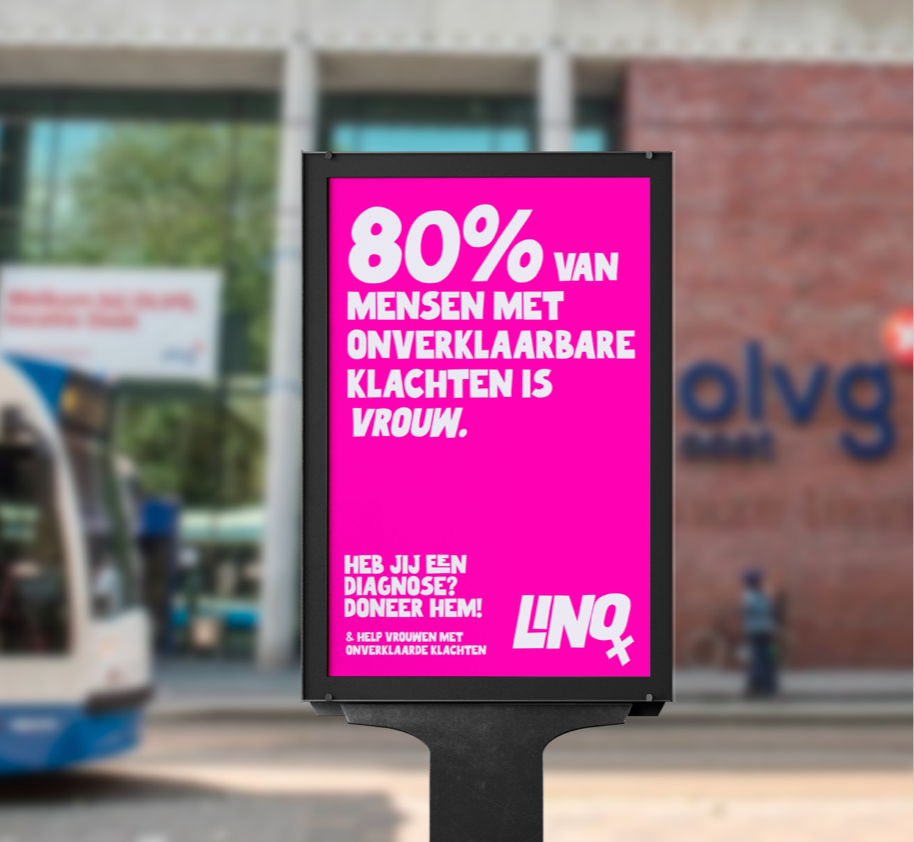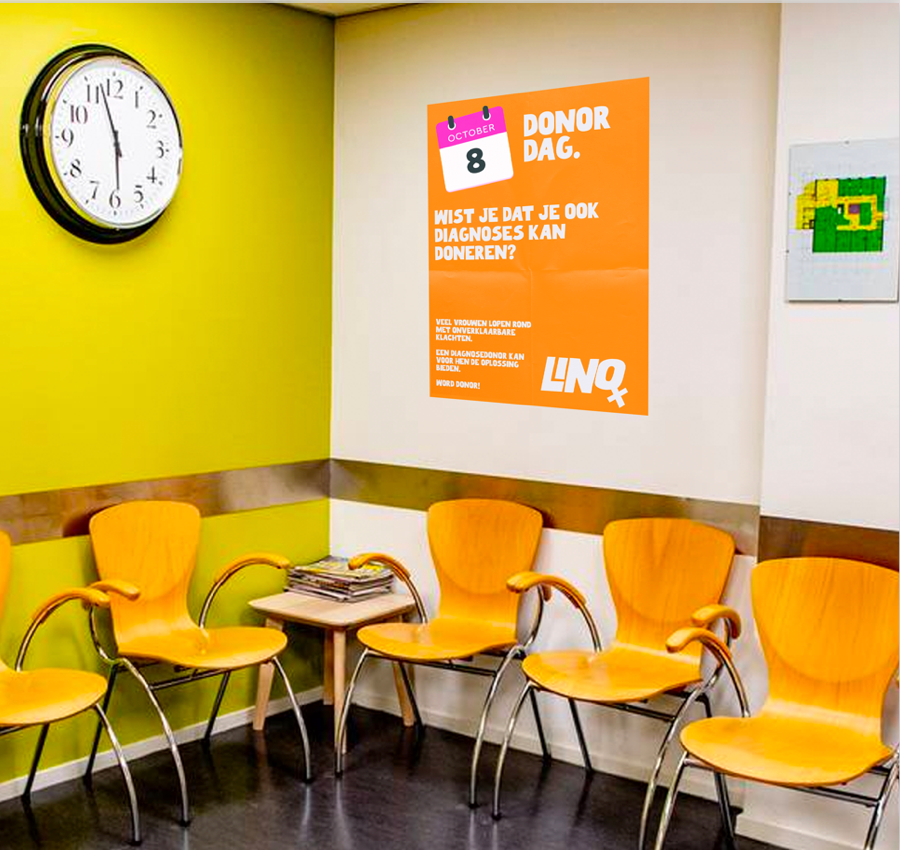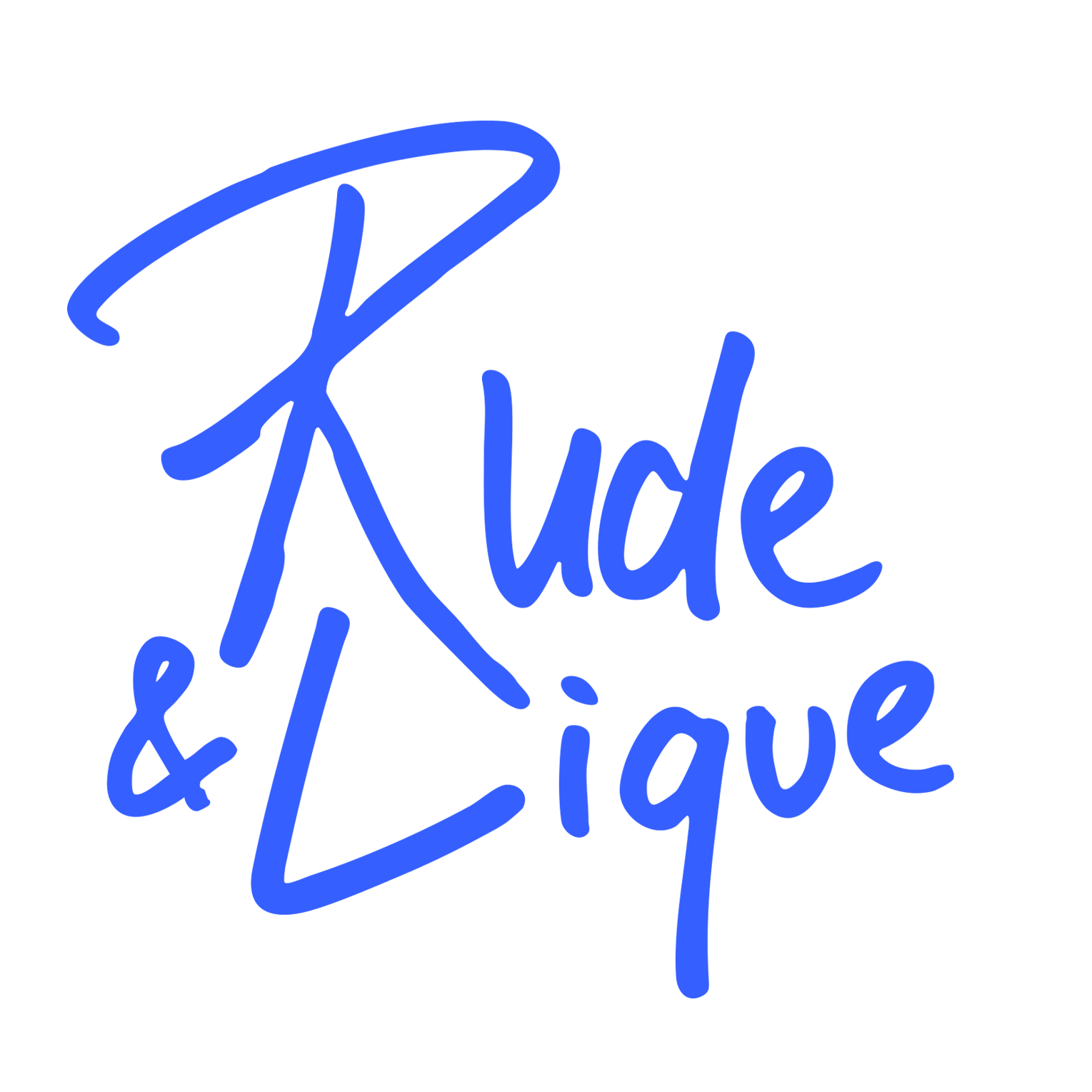Brief: For the Dutch Creativity - ADCN awards, we were challenged to find a solution to a significant problem affecting a large group of people in the Netherlands.
Idea: During our brainstorming, we discovered a startling issue: Lots of people have health issues that doctors cannot explain. It turns out about 80% of these people are women. These women often face immense difficulty in obtaining a diagnosis because much of medical research and practice has historically focused on men's health. As a result, they endure long waits for answers—or, in some cases, never receive them at all—severely impacting their mental health.
Creation: Women who couldn't get a diagnosis or had to wait a long time had a tough time. They had to deal with their health problems while also taking care of their families and jobs, and they had so many unanswered questions. We wondered why -after those journeys of suffering and hardships- nothing was being done with the diagnoses these women eventually finally did get... We donate blood, organs, and stem cells, so why do we not donate diagnoses in order to help those women still awaiting one?
So, we came up with LINQ: a platform where women who got a diagnosis (after a period of hardship) can share it with others still awaiting one. Given that healthcare research has historically overlooked women's health, LINQ seeks to bridge this gap and empower women with knowledge. With the motto: "LINQ: Diagnoses by women, for women," the platform aims to drive progress in women's healthcare and reduce the time women spend in diagnostic limbo.


